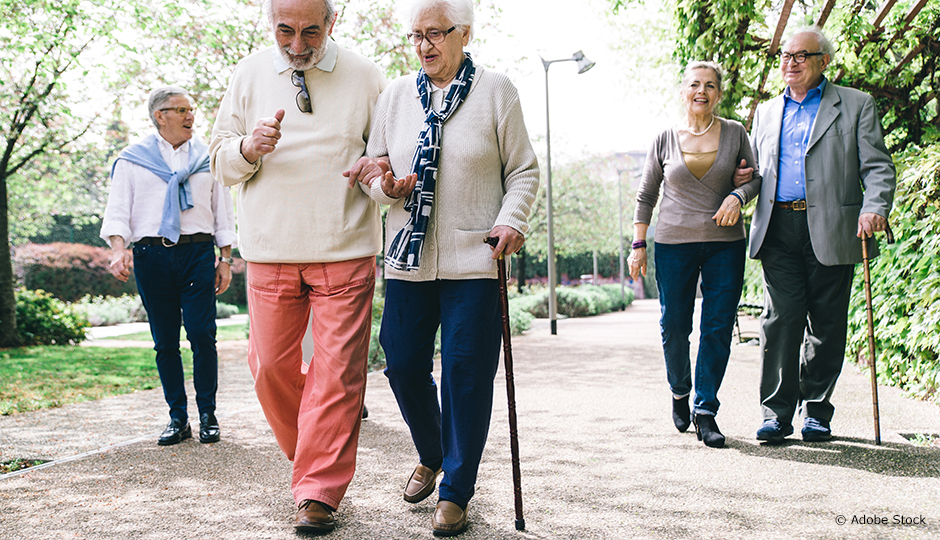As life expectancy gets longer, more and more Québecers find themselves in need of new hips and knees! While patients successfully undergo joint replacement surgery every day, Dr. Pascal-André Vendittoli, orthopedic surgeon, researcher at the Maisonneuve-Rosemont Hospital Research Centre and professor of surgery at Université de Montréal, believes that there is always room for improvement. He spent two years testing a range of surgical techniques, anesthetic approaches and medication doses to develop the optimal treatment protocol for hip and knee replacements.
Dr. Vendittoli didn’t reinvent the wheel: rather, he combined the best approaches of different procedures.
As it turns out, his team had a stroke of genius: they found a way to make hip replacement—which usually requires a five- to ten-day hospital stay—outpatient surgery. Still, the researcher is quick to point out that he didn’t reinvent the wheel. Rather, he combined the best approaches in local anesthesia, non-invasive surgery and basic medication to reduce the impacts for patients and the health care system. The ultimate proof of Dr. Vendittoli’s success is that he is currently teaching the new practice to medical teams in a number of institutions.
The surgeon also assessed the protocol to manage thrombophlebitis: when a blood clot forms and blocks a vein. The complication is generally prevented by giving patients a highly potent anticoagulant for 14 days following knee replacement surgery and 35 days following hip replacement. However, in a 2018 Canada-wide study, Dr. Vendittoli was able to prove that aspirin is just as effective at a fraction of the cost. Indeed, prescribing the current medication for five days and then continuing the treatment with aspirin for 9 days for knee replacement patients and 30 days for hip replacement patients leads to $40M in savings per year and reduces the risk of hemorrhage. That’s two targets with one bullet!




